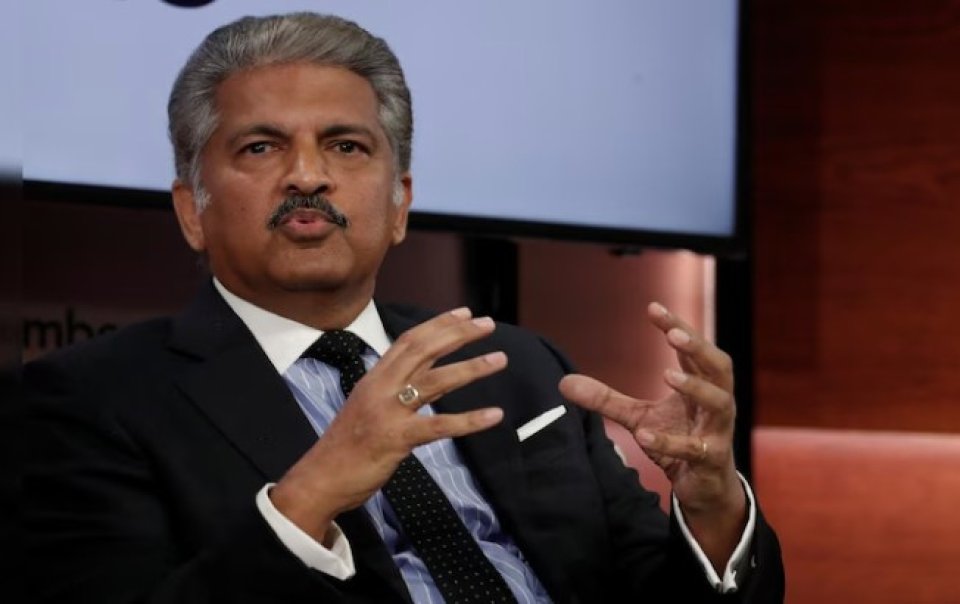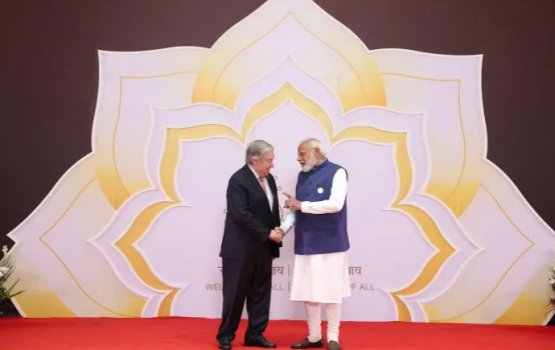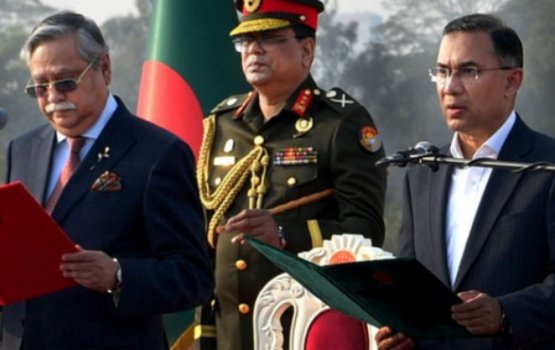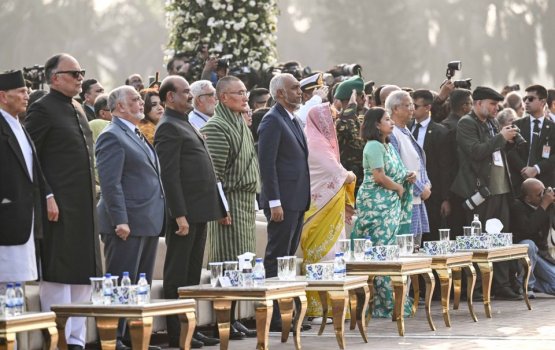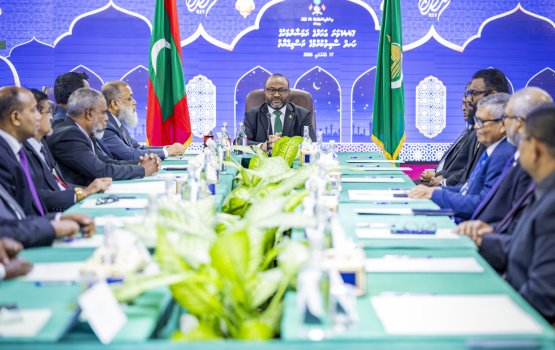India has officially overtaken Japan to become the world's fourth-largest economy, according to NITI Aayog CEO BVR Subrahmanyam, citing data from the International Monetary Fund (IMF).
With a projected Gross Domestic Product (GDP) of $4.187 trillion for the financial year 2025–26, India now ranks behind only the United States, China, and Germany. This marks a major economic milestone for the country, which was in fifth place until 2024.
Business leader Anand Mahindra called the achievement “no small feat,” describing it as the realization of a once-distant dream. “When I was in business school, the idea of India overtaking Japan in GDP seemed audacious. Today, it’s a reality,” Mahindra said in a post on X (formerly Twitter). He praised the determination and innovation of Indians across all sectors for making this possible.
“Japan has long been an economic powerhouse, known for its productivity and resilience. Catching up is a testament to the ambition and ingenuity of millions of Indians,” he added.
However, Mahindra urged the nation not to rest on its laurels. He emphasized that the next target should be improving per capita GDP — the average income per person — which he described as a more meaningful measure of citizens’ prosperity.
India’s per capita income has doubled in the last decade, rising from $1,438 in 2013–14 to a projected $2,880 in 2025. Still, there remains a significant gap between India and the leading economies. The United States, for example, is expected to have a GDP of $30.5 trillion in 2025 — nearly seven times India’s — while China is projected at $19.2 trillion.
According to the IMF’s latest World Economic Outlook, India’s economy is forecast to grow at 6.2% in 2025–26, slightly lower than the earlier estimate of 6.5% due to global uncertainty and trade tensions.
Despite this, Subrahmanyam remains optimistic. “If we stay the course with current reforms and policies, India could become the third-largest economy in the world within the next 2.5 to 3 years,” he said.
Mahindra echoed the need for continued progress, calling for sustained reforms in governance, infrastructure, manufacturing, education, and access to capital to ensure long-term growth. (Source: NDTV)

